In a bold effort to deepen financial inclusion and drive socio-economic growth in rural communities, KAYI Microfinance Bank has introduced its innovative Grassroots Empowerment and Engagement Project. Targeting Tsangaya (Almajiri) schools in Northern Nigeria, the bank’s pilot programme currently operates in four states—Kano, Katsina, Kaduna, and Jigawa—with an aim to strengthen financial literacy, promote entrepreneurial ventures, and extend digital banking to traditionally underserved populations.
Tsangaya schools have long been known for imparting Islamic education alongside basic literacy and numeracy skills, primarily using Arabic as the medium. However, many of these learning centers are based in remote areas lacking conventional banking facilities. Economic hardships, coupled with widespread poverty, have often forced students (almajirai) to resort to street begging. KAYI’s new initiative, therefore, directly addresses this vulnerability by transforming Tsangaya teachers and community heads into trusted agents of digital finance and economic progress.
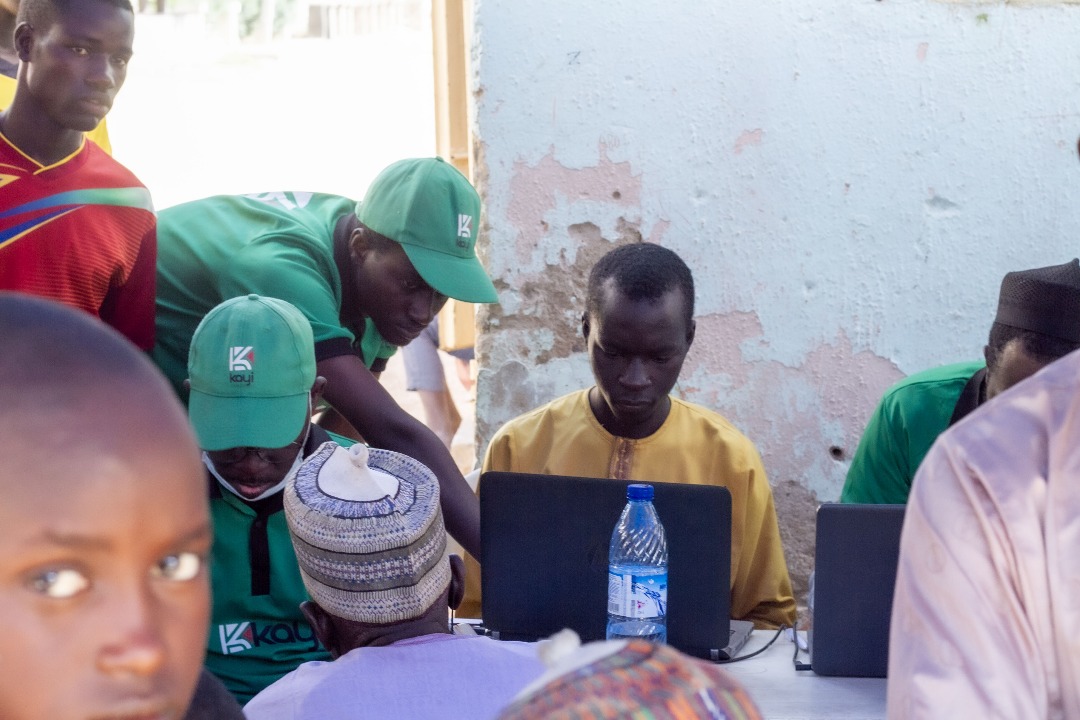
Launched in August 2024, each participating Tsangaya school receives resources worth approximately five million naira. This package includes training on money management and business principles, as well as start-up capital. With these resources, each school establishes and manages a cash point business, allowing residents to deposit, withdraw, and make transfers without traveling long distances to access formal banking services. This convenience not only reduces transportation costs but also fosters greater community involvement in structured financial activities.
A key element of the programme is its reliance on trusted local figures—teachers and Tsangaya leaders—who have undergone comprehensive training to serve as financial educators and cash point managers. Because they are part of the community, these leaders help maintain a strong level of trust in the banking process, thereby encouraging more people to open accounts, save money regularly, and consider microloans for small businesses. Over time, the initiative is poised to invigorate local commerce, boost entrepreneurship, and contribute to poverty alleviation in historically overlooked regions.
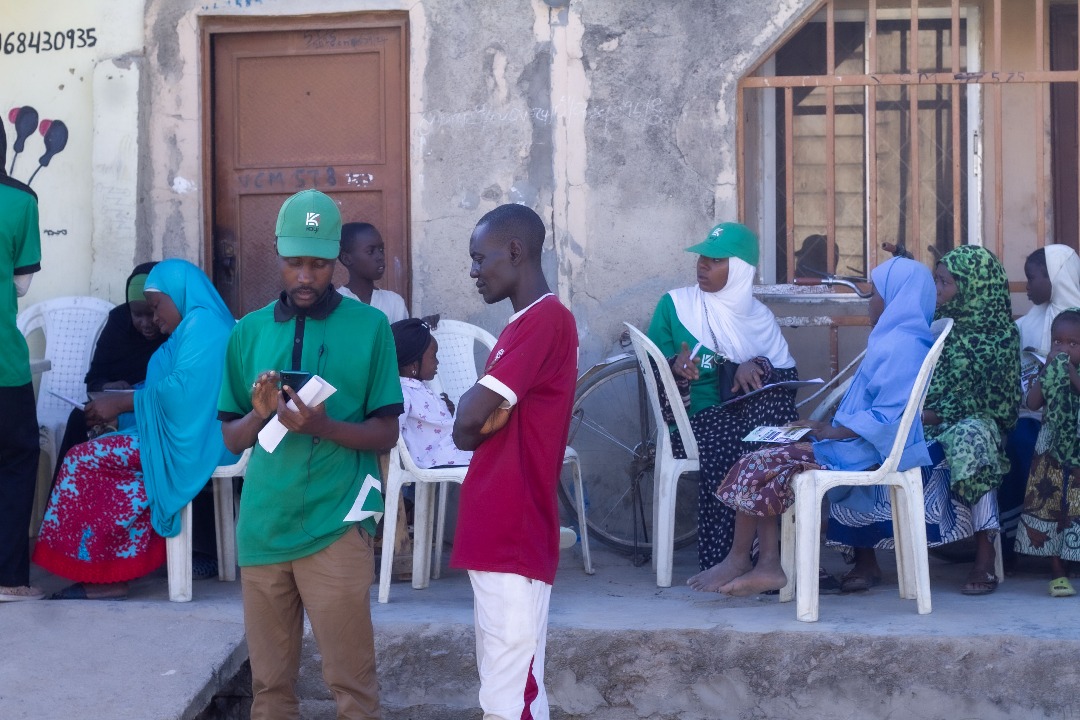
By embedding financial education into daily life and aligning it with local customs, the programme nurtures a practical understanding of budgeting, saving, and prudent financial decision-making. Students, parents, and small-scale traders gain firsthand exposure to digital banking tools, which can catalyze more robust economic engagement. Additionally, offering alternative ways to generate income may reduce the number of children turning to street begging, thus improving social outcomes in the area.
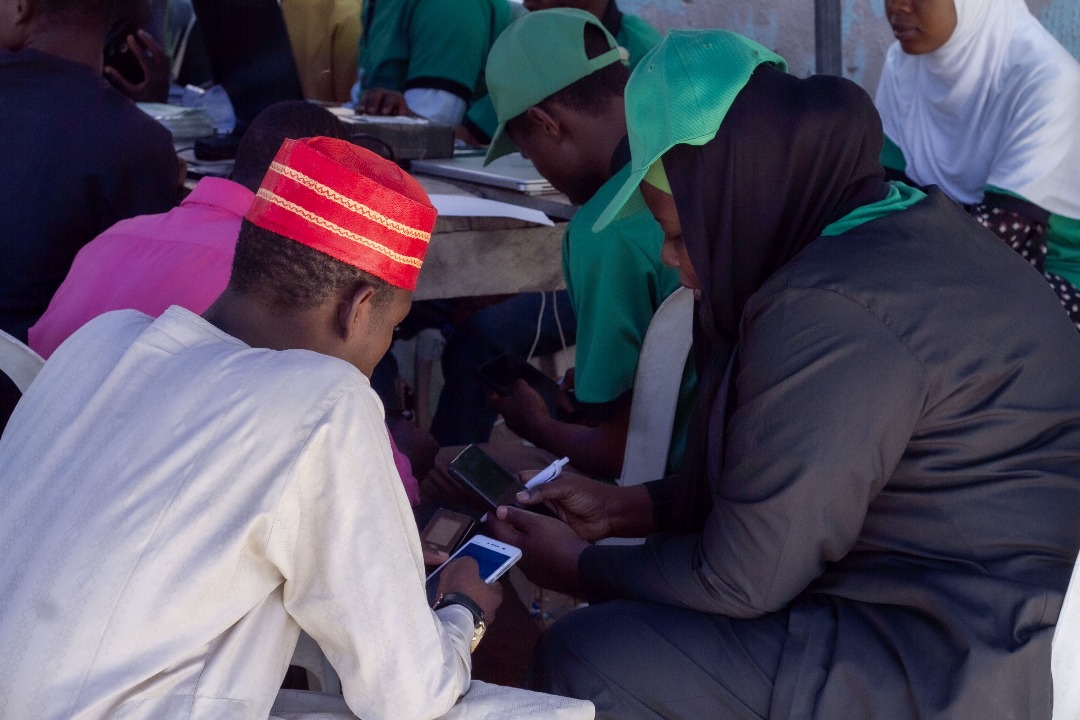
Beyond the immediate financial benefits, KAYI’s work supports broader social development objectives. Tsangaya schools benefit from both enhanced infrastructure and the potential for alternative revenue streams. The increased familiarity with, and acceptance of, digital banking fosters a financial environment where individuals feel more confident taking advantage of saving schemes, microloans, and entrepreneurial opportunities.
These efforts tie in closely with the Central Bank of Nigeria’s overarching financial inclusion agenda. Given the challenges of distrust and limited infrastructure in many northern communities, KAYI’s model offers a promising blueprint for other financial institutions seeking effective ways to reach remote demographics. Its emphasis on partnerships with respected community figures helps bridge cultural and logistical barriers, paving the way for improved economic prospects and reduced unemployment.
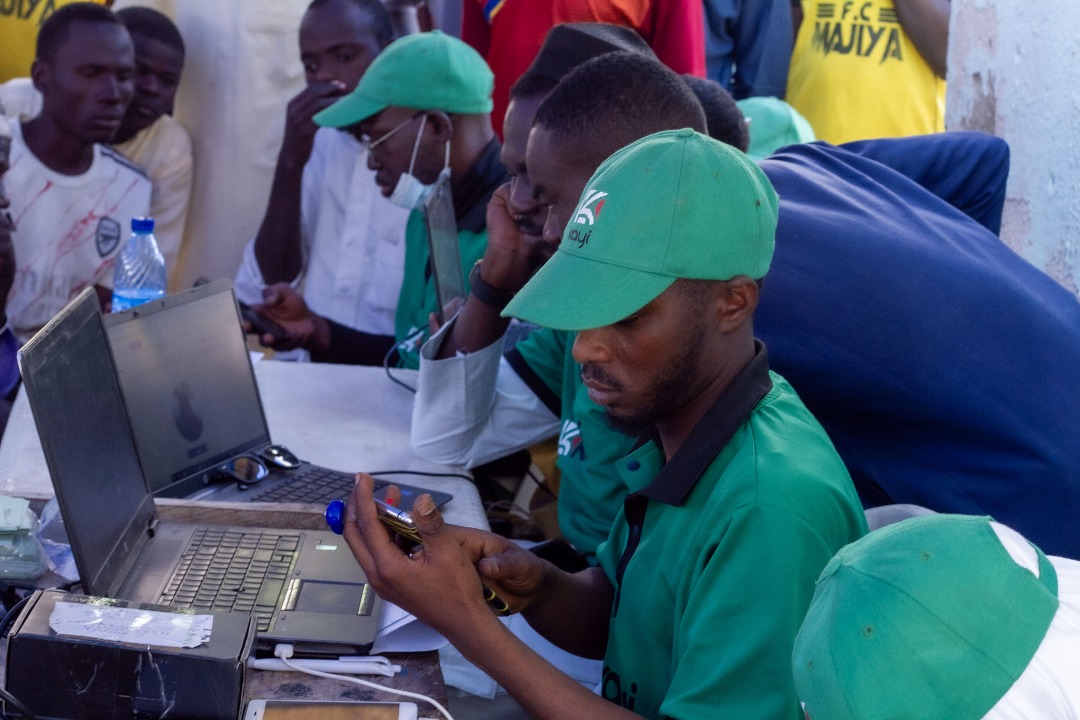
With the pilot phase underway, KAYI Microfinance Bank intends to closely evaluate the outcomes and fine-tune the programme before scaling it to more states in Northern Nigeria and beyond. The long-term ambition is to ensure that even the most remote villages become active participants in the digital financial ecosystem, thereby expanding the opportunities for entrepreneurship and sustainable development.
Ultimately, KAYI Microfinance Bank’s strategy highlights an inspiring blend of profitability and social responsibility. By fostering a network of financially conscious communities, the bank not only drives local economies and lowers poverty rates but also builds a more inclusive financial landscape in Nigeria. Through a commitment to grassroots empowerment, KAYI exemplifies how private-sector initiatives can have a transformative impact on society.
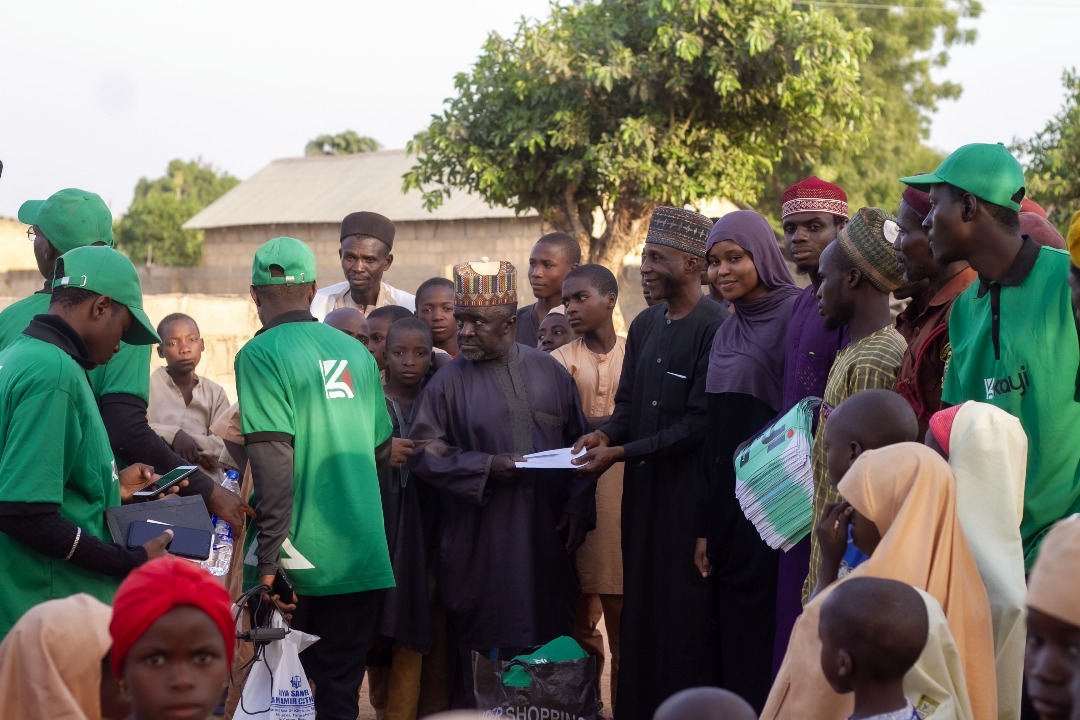
Olaegbe, a digital financial inclusion enthusiast, can be reached via: rarzack@applesauce.ng








